This article was originally published with Honeysuckle and appears here with permission.
On May 7, prison officials at Washington State Penitentiary blocked prisoner Phillip Alvin Jones, 49, from receiving Honeysuckle Magazine’s most recent print edition, entitled 420. This act of censorship sparked a conversation of freedom of the press within prisons. At the Walla Walla, Washington prison, the intended recipient appealed the blockage for its infringement of First Amendment rights to freedom of speech and the press for incarcerated people.
Honeysuckle’s issue celebrated the 50th anniversary of 420, the national cannabis holiday, as well as a typical plethora of cultural deep dives on the cannabis industry, gender and sexuality, and racial politics, and was bought for Phillip Alvin Jones by his friend before the penitentiary blocked it. The magazine cover featured a portrait of the renowned rapper Lil Wayne, who created the GKUA Ultra Premium cannabis line, and shed light on topics such as the recent legalization of cannabis in New York and activists’ efforts for decriminalization.
In place of the magazine, Jones received a rejection notice from the Washington State Department of Corrections. The notice stated that Honeysuckle’s 420 edition contained illicit articles and images related to growing and consuming cannabis along with “pictures of nudity.”
The Washington State DOC does not explicitly state in their sent-mail policy that media coverage of the cannabis industry should be blocked. Instead, the department’s website states, “publications with content that violates any Department policy or facility-specific procedure will be referred to the Publication Review Committee for further review and a final decision.”
Washington State’s Department of Corrections policies are long, storied, and opaque, as many DOC policies are wanton to be. Only after scouring the 40-page Washington Administrative Code handbook can the policies in questions be found. Violation 655 states that the production or consumption of alcohol or drugs within prisons is considered a “serious violation,” while violation 728 prohibits sexually explicit materials.
The rejection notice goes on to list several pages of the issue in violation of DOC policies including the front cover which shows Lil Wayne holding a vape pen while vapor fills the air beside him, hardly a suggestion to grow hemp in the prison yard. The precarious space for interpretation is mirrored in the state’s cannabis laws.
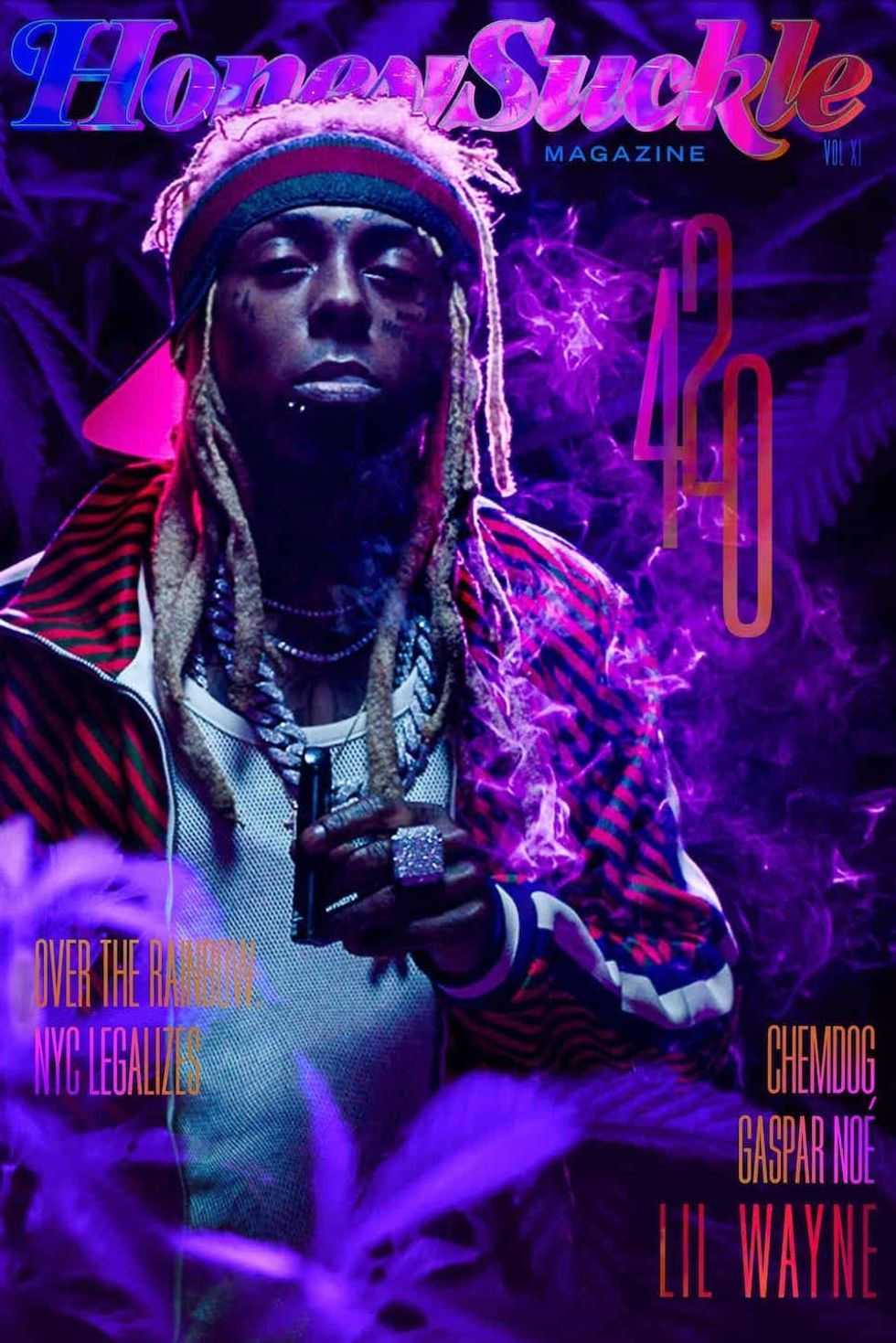
While Washington was one of the two first U.S. states to legalize recreational cannabis use, their policies span the ideological spectrum. Proposed house bill 1019 currently seeks to allow personal home cannabis cultivation but has faced repeated, almost fatal, opposition. Other reforms, such as house bills 1443 and 5388, seek to facilitate the inclusion of owners of color in the cannabis industry. Presently, Black Washintonians account for three percent of licensed retailers. However, they are 210 percent more likely to be arrested for cannabis possession. One-third of prospective retailers denied state licenses are Black former-convicts, pointing to the ways in which leaving room for interpretation creates cracks for bias to slip through.
Issues of infringement on freedoms of speech and the press as they relate to incarcerated people have been hotly debated in the Supreme Court. Cases involving unionizing, inter-prisoner communication, and access to technology have questioned the reach of the Constitution behind bars.
“They want to shake what we believe. They want to shake what we think,” Jones said. By filtering the media allowed into prisons, the system wants to limit incarcerated people’s scope of media. “They want to take away our ability to make our own choices on how we see the world.”
Originally from Baltimore, Maryland, Jones has been incarcerated since 1990, when he was convicted of first-degree attempted murder and a handgun violation before being sentenced to life in prison with the chance of parole when he was 19-years-old. However, throughout his more than thirty years spent incarcerated, Jones has maintained his innocence with substantiating evidence of a mistrial.
Erica Youngblood, a registered nurse in San Francisco, California, discovered Jones’s story online and began advocating for his freedom. The two of them communicate through the phone and through JPay, a paid online system for communicating with incarcerated individuals via email, in order to manage a Twitter account for him and put him in touch with new resources.
Youngblood works as Jones’s voice outside of prison; however, all communications between Jones and Youngblood are regulated. Both phone calls and JPay conversations are regulated by the Department of Corrections, so Jones tries to avoid speaking about anything that goes against their interests.
“I think it's about making this topic [of incarcerated peoples’ rights] more mainstream,” Youngblood said.
Jones said that when the prison rejected Honeysuckle’s edition, “It threw me for a loop for the simple fact that cannabis and marijuana in the state of Washington is legal. Not only that, the magazine is not promoting getting high, the magazine is talking about an industry. And so, I felt as though they were trying to silence the press and to take away my right to free press because it's not promoting anything and it's not against any ideological interests to learn about the business.”
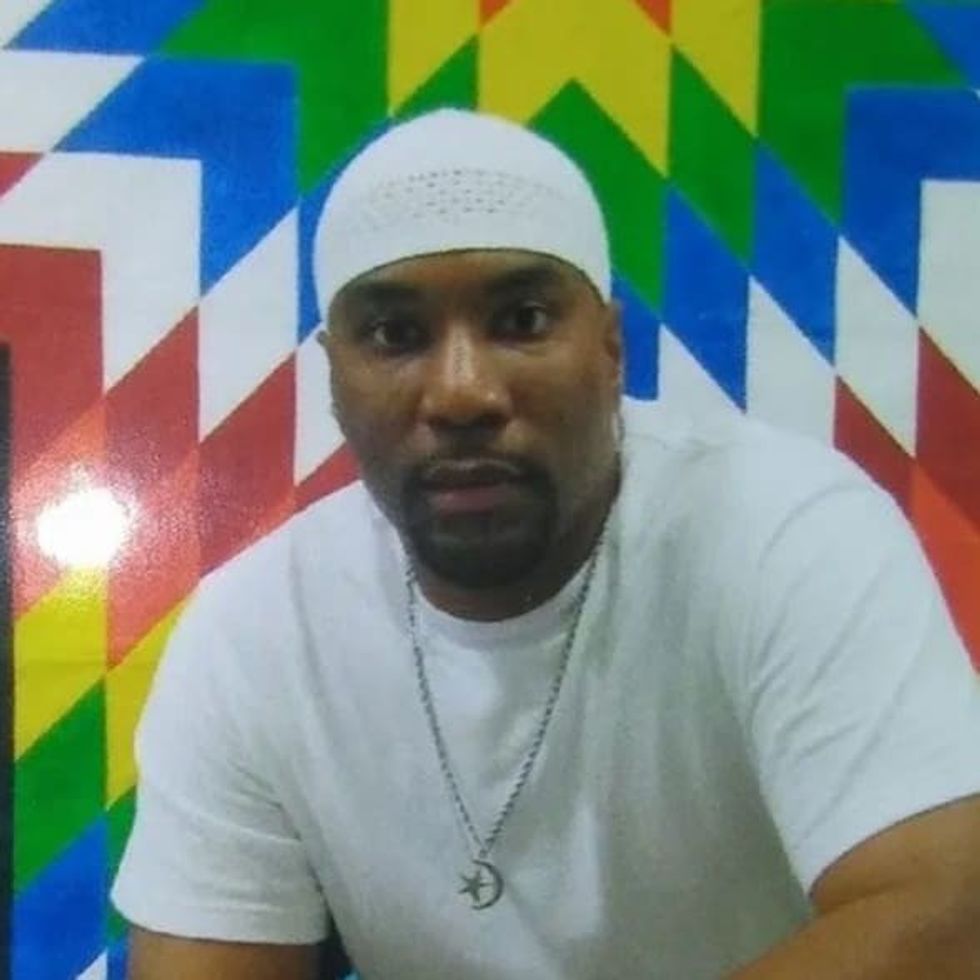
Jones was initially interested in Honeysuckle to better inform his investment in cannabis stocks, as is his legal right. He has been investing in cannabis startups and pharmaceuticals for about four months, which he is able to manage from within prison with the help of stock magazines. However, other rights are still obscured to him, a common obstacle facing incarcerated people. Appealing the blockage of Honeysuckle Magazine meant Jones taking his rights into his own hands.
While not much research has been done on lack of awareness of incarcerated citizens’ rights, a prime example is how many prisoners who are being held in pretrial detention are eligible to vote but completely unaware of their ability to do so.
“What I've been taught in federal prison is just because you come from prison, it doesn't mean you lose all your rights,” said Sheron Edwards, an incarcerated man serving his second consecutive sentence in a Mississippi state prison. Edwards’s memoir , explores the topic of prisoners’ rights in depth, as well as his own story of injustice through the exploitation of a double-jeopardy loophole. “Those of us who are incarcerated have to take it upon ourselves to learn our rights. You can't just sit up and think because we're incarcerated, the administration or people who are running or operating the prisons are going to tell us what our rights are.”
Not only do incarcerated people experience difficulties with accessing media and news publications, but their communication with the world beyond prisons is often limited. During the Covid-19 pandemic, visitations have been limited, so all communications have been digital or through the phone.
In March, Jones went in front of the parole board and was given favorable remarks from the board. However, due to Covid-19, the parole board was backed up and he was given a rehearing in 2023.
In the meantime, he plans to present the evidence of his mistrial in a sentencing review. The Maryland ballistics expert who aided in Jones’s conviction falsified many of his reports and testimonies according to the Washington Post.
A website devoted to a petition for Jones’s expedited parole shares more of his story as well as his mission. On the website, Jones wrote, “My goal is to establish partnerships between men/women who are inside, with those who are outside. If we join forces we can achieve the objective of dismantling the prison industrial complex and put an end to mass incarceration.”
Similar websites and petitions on sites such as Change.org allow incarcerated people to promote their stories and the realities of the criminal justice system. Albeit, these sites have to be managed by someone on the outside.
“I definitely support more stories like this and more major publications bringing these stories to the forefront so that these many men and women do not feel forgotten about,” Youngblood said.
Following the issue’s blockage, Honeysuckle sought to appeal the Washington Department of Corrections’ decision but has yet to receive any response. Whether or not the ruling is overturned, the question remains as to how paternal policies remain on the books, locking prisoners in an ever-tightening vice. Jones hopes to escape the grasp of antiquated laws, corrupt officials, and arbitrary judgment via a Change.org petition advocating for his expedited probation. The petition’s success relies on those on the outside tying their freedom to that of their convicted brethren.
--
For more on how to help Phillip Alvin Jones, visit or follow on Twitter.
Cover of Honeysuckle's 420 edition featuring Lil Wayne. Cover image (C) Baqi Kopelman
Need a little more Bluntness in your life? Check out our YouTube page!
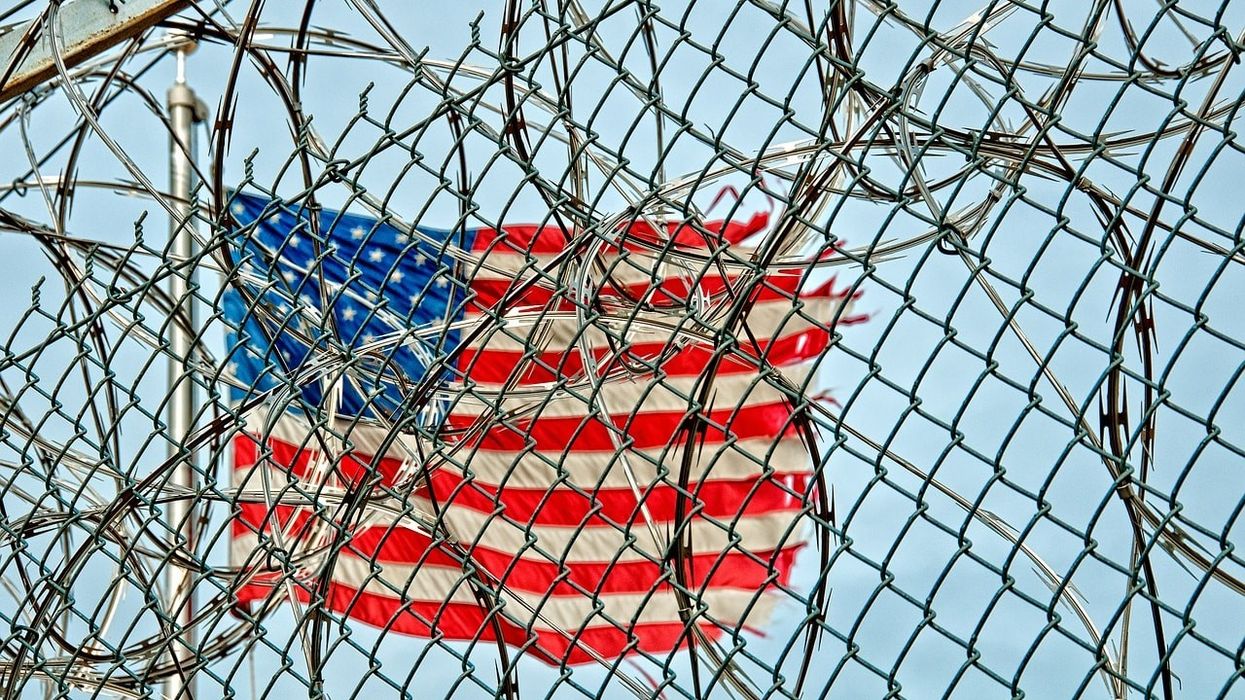

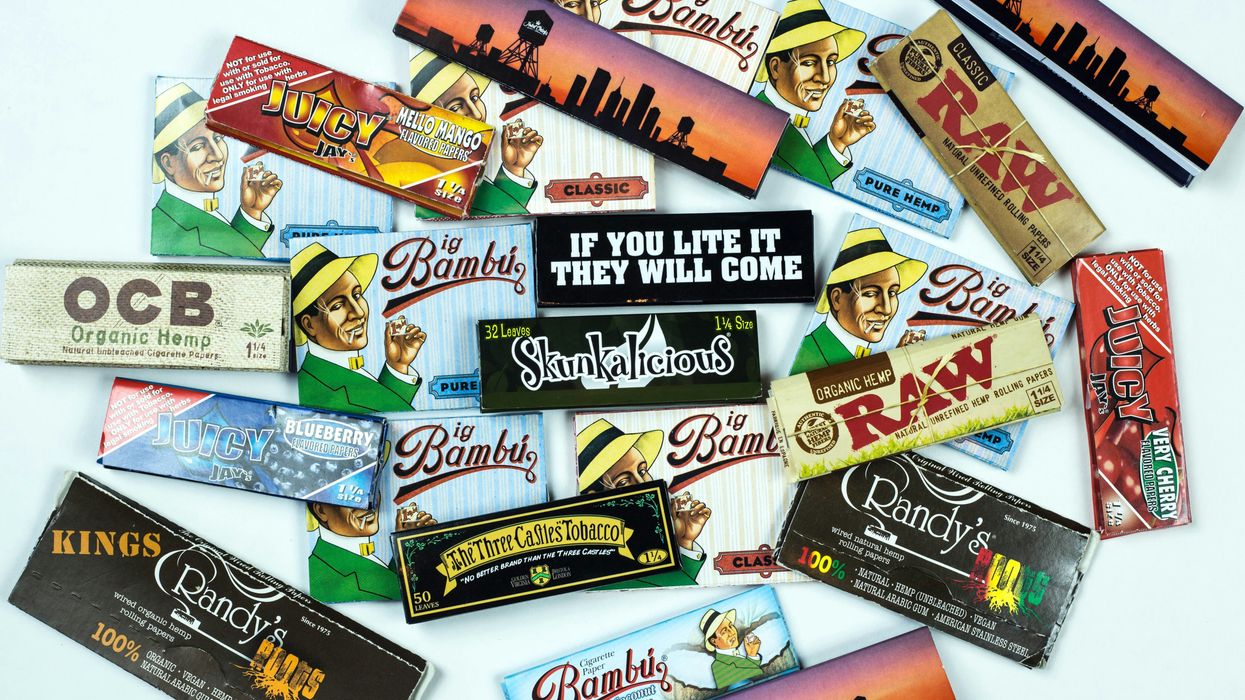

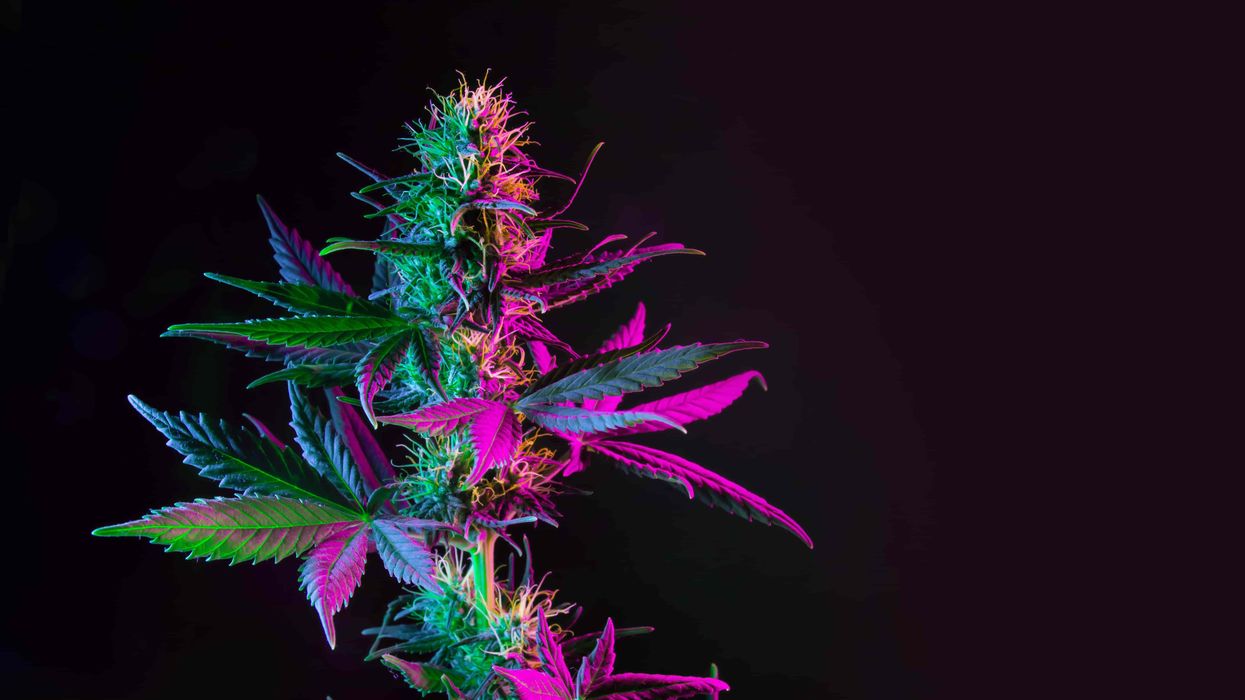


 Can Drug Dogs Smell Edibles? - The Bluntness
Photo by
Can Drug Dogs Smell Edibles? - The Bluntness
Photo by 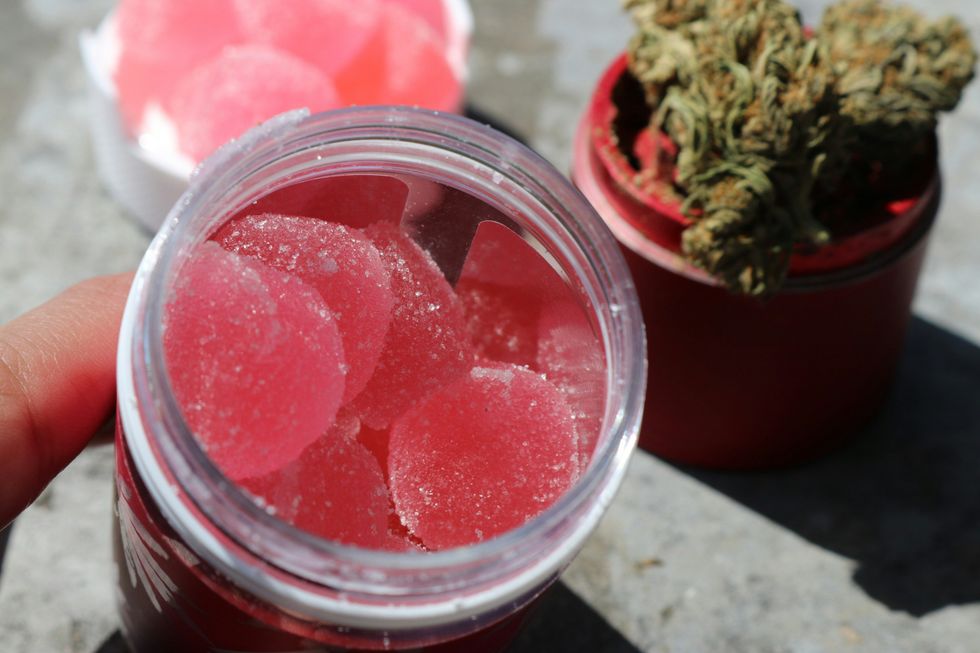 Can Drug Dogs Smell Edibles? - The Bluntness
Photo by
Can Drug Dogs Smell Edibles? - The Bluntness
Photo by 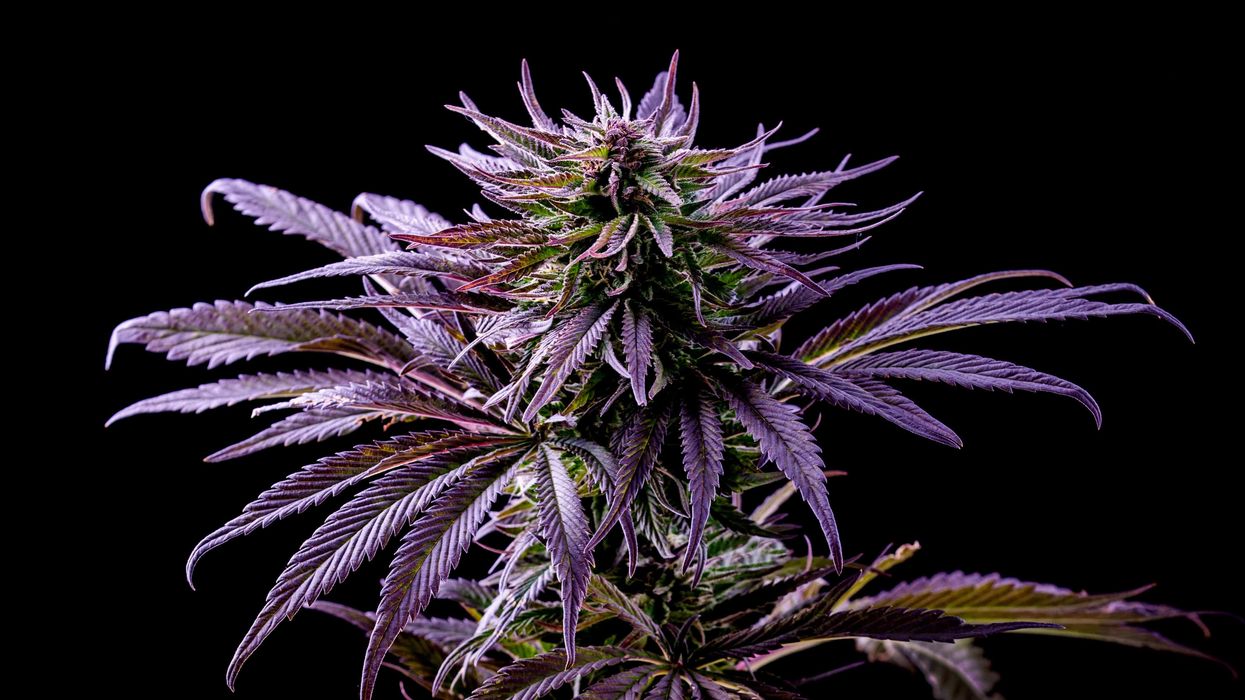






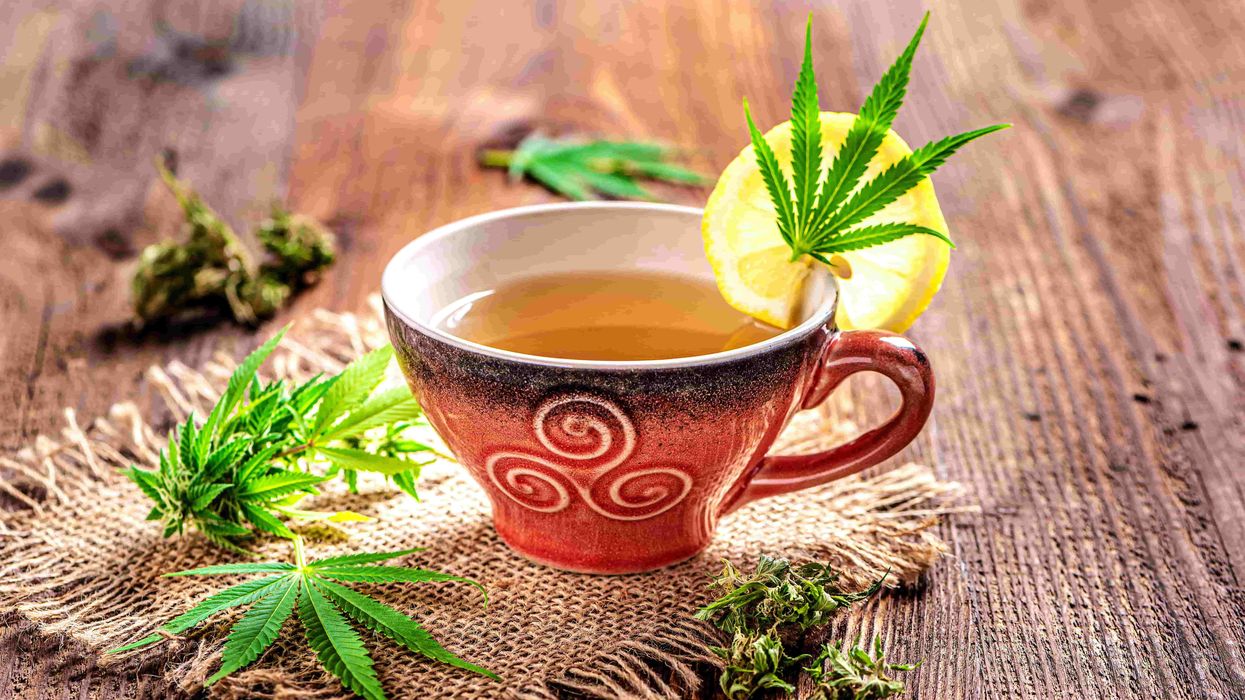
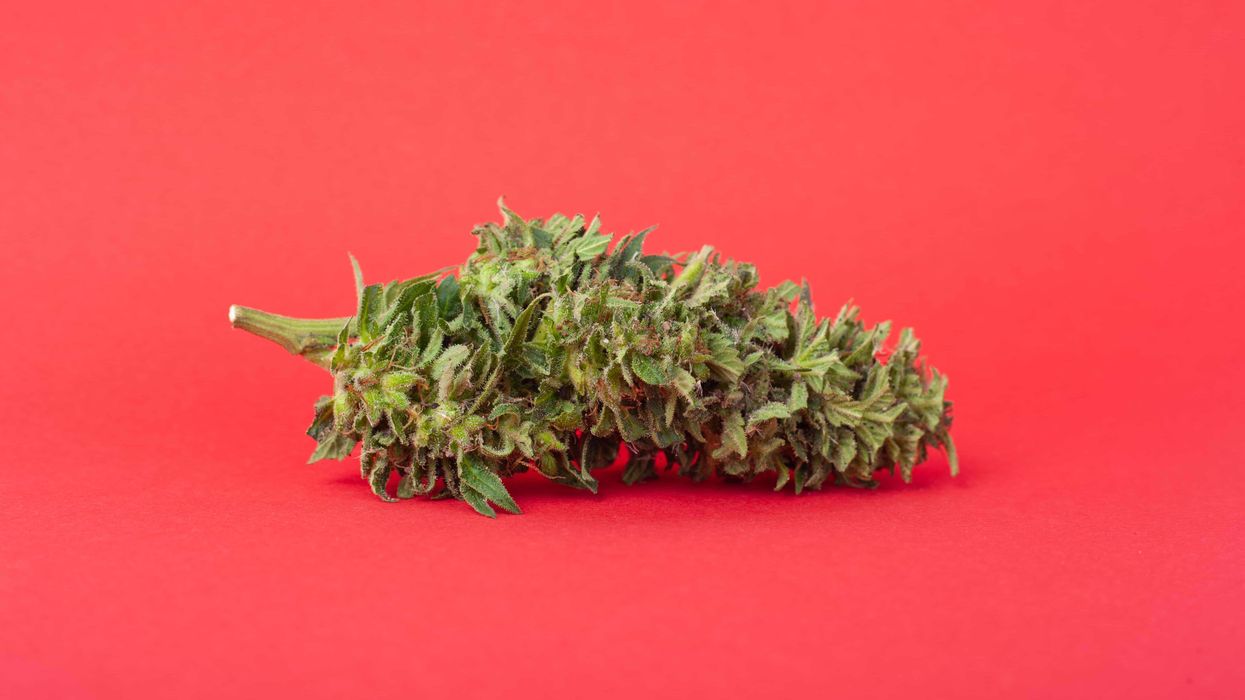
 Free Cannabis for Veterans and Those with Disabilities - The Bluntness
Photo by
Free Cannabis for Veterans and Those with Disabilities - The Bluntness
Photo by 